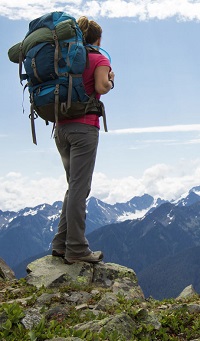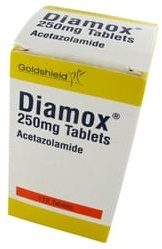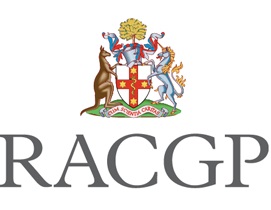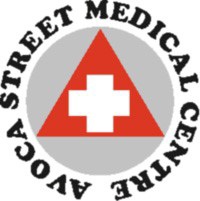Altitude Sickness
Altitude sickness, also known as mountain sickness, is caused by the low oxygen levels in the air at altitudes above about 2,500 metres. It occurs when the body has not had time to adjust to less oxygen. Altitude sickness can affect anybody - being young or physically fit does not decrease the risk. Whether or not you get altitude sickness could depend on:
Altitude sickness can be fatal if not treated. What are the symptoms of altitude sickness? If you have altitude sickness, you are likely to feel dizzy and weak, you might also have a headache and feel nauseous. It can feel like a hangover. Altitude sickness can affect your lungs, in which case it is sometimes known as high altitude pulmonary edema or HAPE. People with HAPE can feel short of breath and have a cough and a racing heart. In extreme cases, their lips turn blue. Altitude sickness can also cause your brain to swell with fluid, which is sometimes known as high altitude cerebral edema or HACE. People with HACE can feel confused and irritable and behave in an erratic way. Altitude sickness can be worse at night and can last for days, even if you stay at the same altitude. How is altitude sickness treated? If you have altitude sickness, you should stay at the same altitude or go lower until the symptoms disappear. Rest, fluids and pain killers are likely to improve the symptoms. Do not continue to climb higher. It is best not to drink alcohol or take sedatives or sleeping pills because they interfere with the body's adaptation to high altitude. 
If you have signs of altitude sickness affecting their lungs or their brain, this is a medical emergency. You need help to descend as soon as possible. Breathing oxygen from a tank can help. How is altitude sickness prevented? If you're planning to travel to a high altitude, consider talking to your doctor about drugs that can help with acclimatisation, particularly if you have had altitude sickness before. Studies have shown that prophylactic administration of acetazolamide at a dose of 250mg every eight to twelve hours before and during rapid ascent to altitude results in fewer and/or less severe symptoms (such as headache, nausea, shortness of breath, dizziness, drowsiness, and fatigue) of acute mountain sickness (AMS). Pulmonary function is greater both in subjects with mild AMS and asymptomatic subjects. The treated climbers also had less difficulty in sleeping. You can reduce the chance of getting altitude sickness by:
If you are worried that you have altitude sickness call healthdirect on 1800 022 222 to speak to a registered nurse. More from www.healthdirect.gov.au |
|
Covid-19 Notices
Flu Shot Emergency Numbers After Hours 13 74 25 Contact Hours |
Doctors
Appointments Fees About Map Links |
Immunisation
Feedback Local Pharmacies Resources Home |

| 
|

| 
| 
| 
| 
|
|---|---|---|---|---|

| 
| 
| 
| 
|



